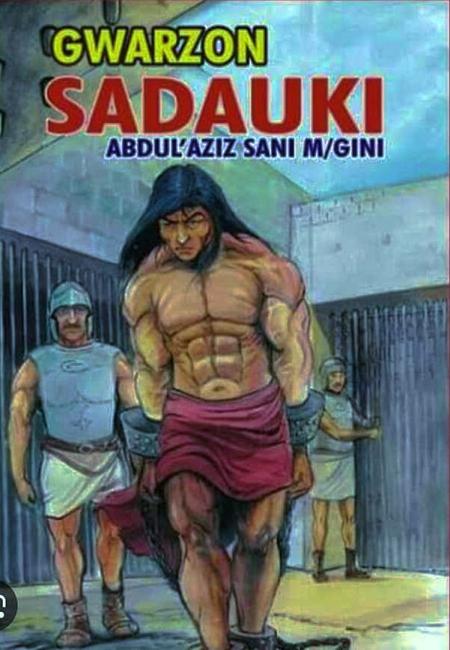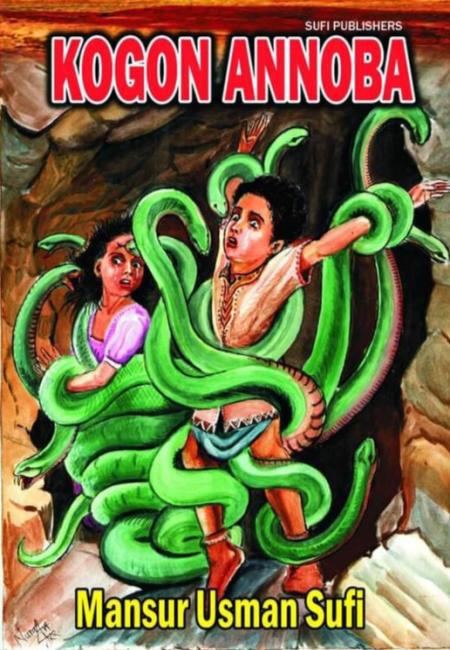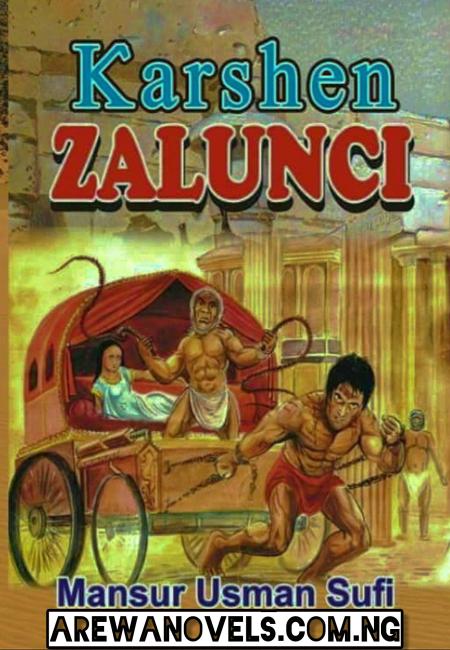Malam Ahmadu was born in the town of Zaria. He inherited his scholarly knowledge from his father, Malam Buba. Since his mother passed away when he was a child, he grew up with his father until he got married to his wife, Asabe. After his father's death, Malam Ahmadu took over his father's scholarly duties.
He was blessed with three children: Abdullahi, Maryam, and his youngest, Shamsu. Abdullahi inherited his father's knowledge, but he didn't stop at just scholarly pursuits; he also owned a shop in the market where he sold goods.
Malam Ahmadu chose a wife for Abdullahi. She was the daughter of his close friend, whose parents had passed away years ago. Because their families were closely connected, Malam Ahmadu felt compassion for her orphaned state and the strong friendship between their families. This motivated him to propose her marriage to Abdullahi. Abdullahi readily accepted, as he admired her character and had always been impressed by her whenever they met.
The first challenge came from Asabe, now known as Iya, who vehemently opposed her son marrying the daughter of blind parents. However, Malam Ahmadu insisted that the marriage would go on, even if it meant risking his life. Abdullahi and Maimuna fell deeply in love, and their elders quickly became involved in their wedding plans. At that time, a man named Yusuf, who worked in Kano but had come to Zaria for work, expressed his interest in marrying Maryam. With Malam Ahmadu’s permission, Yusuf proposed to Maryam.
Abdullahi and Maryam's weddings were planned to take place simultaneously. Malam Ahmadu built a separate house for Abdullahi within their compound, comprising three spacious rooms, with a separate entrance and all modern amenities. The wedding festivities were grand, and Maryam was moved to Sabon Gari after her marriage.
Abdullahi and Maimuna lived peacefully without any issues. Malam Ahmadu showered his daughter-in-law with affection, always bringing her gifts. In contrast, Iya constantly mistreated Maimuna, never showing her any kindness.
One month after their wedding, Maimuna became pregnant. Malam Ahmadu increased his care for her, always bringing her whatever she desired. Iya, however, continued to cause trouble, complaining that Malam Ahmadu neglected his daughter, who was also pregnant, while favoring his daughter-in-law. Malam Ahmadu would only smile at Iya's complaints, understanding that her anger stemmed from jealousy.
When Maimuna's pregnancy reached nine months, she gave birth to a beautiful girl named Aysha, who already had two bottom teeth. Malam Ahmadu was overjoyed, declaring that he had been blessed with a granddaughter. People came from far and wide to see the baby, especially curious about her teeth. Maimuna would only smile at the visitors.
Iya, filled with resentment, refused to even glance at her granddaughter. She angrily suggested taking the baby to the river, insisting she was a demon child. Malam Ahmadu only smiled, understanding her bitterness.
The naming ceremony was a grand affair, and the baby was named Aysha, though Maimuna preferred to call her Nusrat. Malam Ahmadu continued to shower her with love and care.
Maryam also gave birth to a daughter named Rabee'ah, whom they called Hidaya. When Nusrat was three months old, Iya pressured Ahmadu to marry another woman, a wealthy widow from their neighborhood. To maintain peace, Malam Ahmadu asked Abdullahi to marry her, hoping it would reduce the animosity towards Maimuna. Abdullahi, respecting his father's wishes, agreed.
The new wife, Bulki, was settled in a separate part of the house, and the wedding took place on a Friday. Iya was overjoyed, feeling triumphant. However, life continued with its ups and downs. When Nusrat turned one, Maimuna gave birth to another daughter named Safiyya, whom they called Shukhura. Three months later, Bulki also gave birth to a daughter named Zainab, whom they called Nimha. Iya lavished love and attention on Nimha, declaring her a true granddaughter.
Maimuna had another daughter five years later, named Na'ima, whom they called Yusra, while Bulki did not have any more children after Nimha.
Malam Ahmadu doted on Nusrat, providing her with everything she needed, which made her very close to him. His affection for Nusrat was not due to favoritism but because he believed that the first grandchild deserved special attention. This closeness between Malam Ahmadu and Nusrat caused resentment in Iya and Bulki, who transferred all their animosity to Nusrat.







